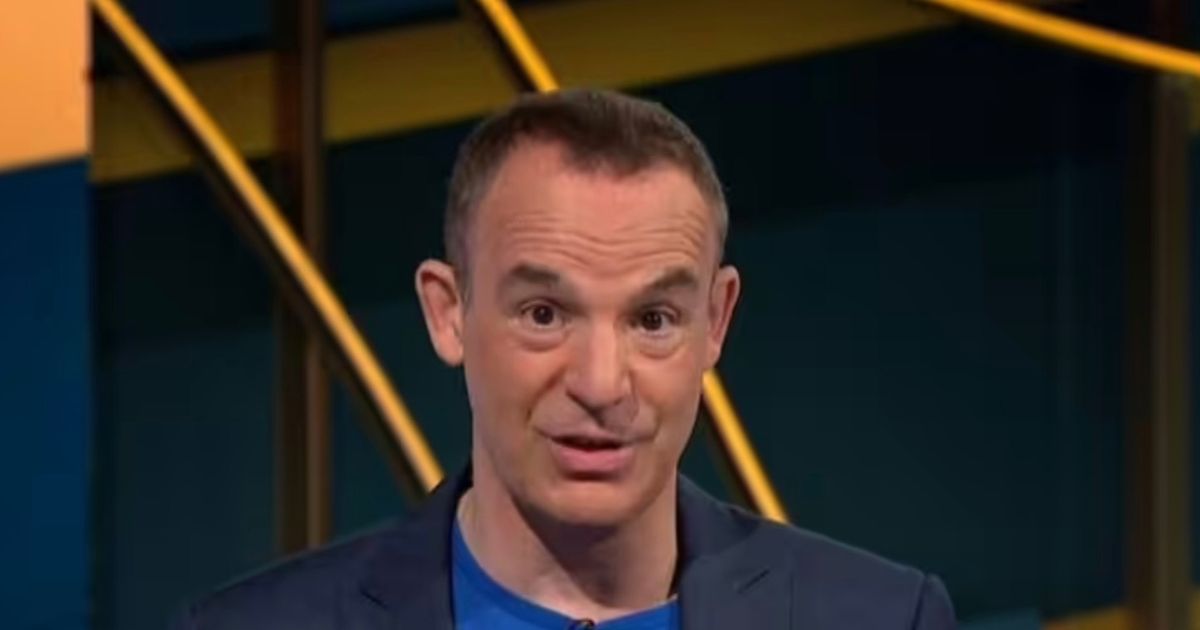A court hearing is underway into the finance mis-selling Martin Lewis(Image: ITV)
Martin Lewis(Image: ITV)
Martin Lewis has issued an important update as thousands across the country eagerly wait to see if they are owed compensation over mis-sold car finance deals.
This week sees the Supreme Court begin its hearing into whether it will uphold the Court of Appeal’s decision that all car finance agreements with hidden commission were unlawful.
The Financial Conduct Authority (FCA) issued a statement last month saying that it wants “to provide as much certainty as possible to firms, consumers and stakeholders”. The regulator is currently reviewing the past use of motor finance discretionary commission arrangements (DCAs).
It is seeking to understand if firms failed to comply with requirements relating to DCAs and if consumers lost out as a result. Since the regulator launched its review, a ruling by the Court of Appeal has raised the possibility of widespread liability among motor finance firms, wherever commissions were not properly disclosed to customers.
The hearing began yesterday (April 1) and is expected to be concluded tomorrow but the decision could take months. The two different types of finance mis-selling are discretionary commission arrangements (DCAs), although this is not part of the Supreme Court case, and Commission Disclosure complaints.
DCAs apply to around 40% of car deals, according to MoneySavingExpert.com, and is where brokers could increase the amount of interest paid by the customers without telling them on both personal contract purchase and hire purchases up to 2021.
Commission disclosure is based on the Court of Appeal’s ruling that if the finance agreements didn’t tell customers all details of the commission they were unlawful. MSE explained this applied to the majority of cases.
The FCA said last month: “We are confirming that if, taking into account the Supreme Court’s decision, we conclude motor finance customers have lost out from widespread failings by firms, then it’s likely we will consult on an industry-wide redress scheme. We previously said it is more likely than when we started our review that we will introduce an alternative way of dealing with complaints.
“Under a redress scheme, firms would be responsible for determining whether customers have lost out due to the firm’s failings. If they have, firms would need to offer appropriate compensation. We would set rules firms must follow and put checks in place to make sure they do.”
A redress scheme would be simpler for consumers than bringing a complaint, the regulator said.
Writing about the most likely outcome, Martin Lewis said: “Many expect the Supreme Court to overturn the Court of Appeal ruling on Commission Disclosure complaints. If that happens then the redress scheme will only be set up for DCA complaints.
“This is still huge, and the fact the pay outs will be automatic means it would reach more people and likely be in the low billions to £10 billion (depending on pay out size – more on that in a moment).”
The regulator said it would confirm within six weeks of the Supreme Court’s decision if it is proposing a redress scheme and if so how it will take the scheme forward.
It added: “Throughout our work, we will continue to consider how to make sure affected consumers are appropriately compensated and the motor finance market continues to work well, with effective competition, for the millions of consumers who rely on it every year.”
The Financial Ombudsman Service recently said that hire purchase related to motor vehicles was the area that generated the most complaints between October and December 2024. It said case numbers had risen due to complaints about motor finance commission arrangements.
